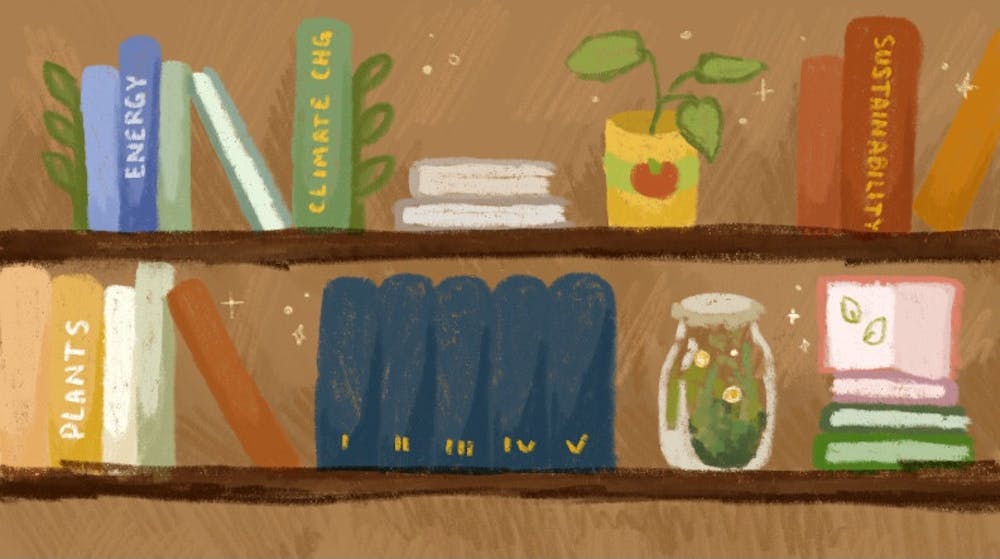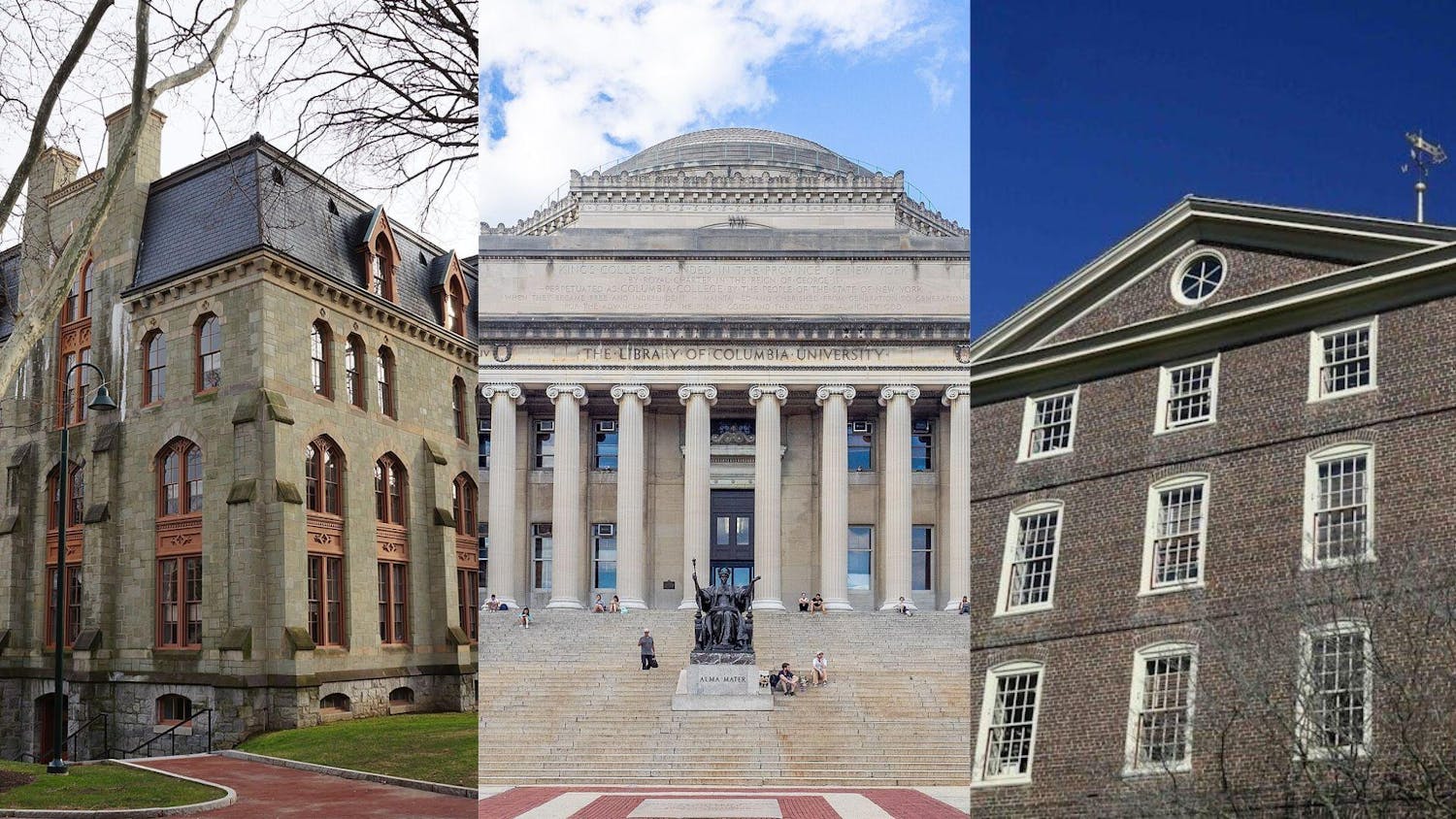The Brown Renewable Energy and Sustainability Society, is a student-led chapter of a national organization focused on building out solar and renewable energy, is discussing the possibility of a certificate in sustainability with the University, according to BRESS members.
BRESS is keen to work with the University to launch the certificate program “to get people to care more about sustainability in the curriculum without (having to pursue) a degree in environmental science,” said Naemi Ditiatkovsky ’25, a BRESS member who is leading the initiative alongside Ariana Turner ’23, the group’s secretary.
Turner said the group thinks the program could consist of five classes with “one or two core requirements,” including an introductory environmental science class.
BRESS has discussed plans to incorporate current classes and develop new ones “that focus on sustainability solutions and people working from different disciplines to solve multifaceted sustainability issues,” Ditiatkovsky said. The program might also entail a social sciences class and a sustainability-focused physical sciences class, she added.
Additionally, BRESS wants to organize a new independent study or group capstone as part of the certificate to encourage students to consider the intersections of their concentrations and sustainability, Turner said. The certificate could also focus more on projects and experiential learning than the environmental studies concentration does, she added.
Certificates provide students with an opportunity to engage in a subject “that they might not otherwise have curricular bandwidth for,” Sydney Skybetter, deputy dean of the College for curriculum and co-curriculum, wrote in an email to The Herald. Currently, the University offers certificates in data fluency, engaged scholarship, entrepreneurship, intercultural competence and migration studies.
“We welcome the consideration of all proposals for new certificate programs, as they give us a sense as to emerging disciplinary and interdisciplinary horizons,” Skybetter wrote.
According to Ditiatkovsky, the idea of a sustainability certificate was first raised by alums a couple of years ago. “We’re not creating something that’s completely new, we’re pushing something that” has already been talked about, Ditiatkovsky said.
The group has begun a survey to gauge student interest in a sustainability certificate. While the survey is ongoing, BRESS has already received 118 responses, according to Turner.
“People are really excited about it,” Turner said, citing the results of the survey to date. According to Turner, students’ excitement stems from the chance to connect other areas of interest with the topic of sustainability. The results of the survey so far suggest that there is interest in every class year, Ditiatkovsky said.
“If more people fill out the survey, there’s a higher chance that what they’re interested in within this potential certificate will be heard,” Ditiatkovsky said.
“It’s definitely in the really early parts of becoming something,” Turner said. “It starts with first convincing (the Institute at Brown for Environment and Society to support a sustainability certificate) and having enough students interested, having enough people on the board interested, and having enough professors engaged to push through.”
While working on the certificate, BRESS has been meeting with Stephen Porder, assistant provost for sustainability, who is helping the group schedule meetings and navigate the different departments, Turner said. Porder did not respond to a request for comment.
The next step for BRESS is an April meeting with IBES to share students' perspectives and “talk about what we saw from the survey,” Turner said. At the meeting, the group will also discuss what the certificate might look like, she added.
In the future BRESS hopes to meet with Dawn King, the director of undergraduate studies for the environmental studies program, and Director of IBES Kim Cobb, according to Ditiatkovsky.
Ultimately, proposed certificates must be approved by the College Curriculum Council. According to the group’s webpage, the CCC is “an elected body of faculty and students, along with administrators, charged with overseeing undergraduate curricular offerings at Brown.” Certificate proposals must be sponsored by an academic department or program, demonstrate faculty support and student interest and lay out learning objectives, among other requirements.
“We just wanted to have something that has a lasting impact,” Ditiatkovsky said.





